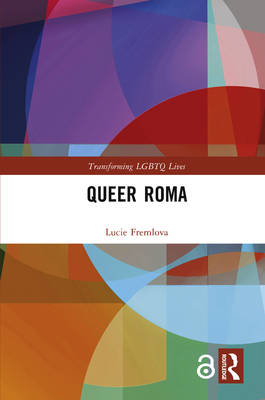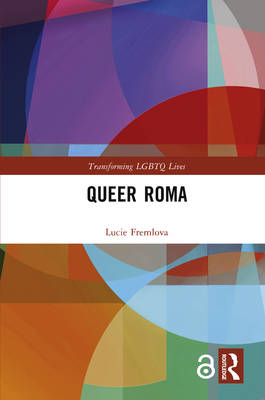
- Retrait gratuit dans votre magasin Club
- 7.000.000 titres dans notre catalogue
- Payer en toute sécurité
- Toujours un magasin près de chez vous
- Retrait gratuit dans votre magasin Club
- 7.000.000 titres dans notre catalogue
- Payer en toute sécurité
- Toujours un magasin près de chez vous
Description
This book offers in-depth insight into the lives of queer Roma, thus providing rich evidence of the heterogeneity of Roma. The lived experiences of queer Roma, which are very diverse regionally and otherwise, pose a fundamental challenge to one-dimensional, negative misrepresentations of Roma as homophobic and antithetical to European and Western modernity.
The book platforms Romani agency and voices in an original and novel way. This enables the reader to feel the individuals behind the data, which detail stories of rejection by Romani families and communities, and non-Romani communities; and unfamiliar, ground-breaking stories of acceptance by Romani families and communities. Combining intersectionality with queer theory innovatively and applying it to Romani Studies, the author supports her arguments with data illustrating how the identities of queer Roma are shaped by antigypsyism and its intersections with homophobia and transphobia.
Thanks to its theoretical and empirical content, and its location within a book series on LGBTIQ lives that appeals to an international audience, this authoritative book will appeal to a wide range of readers. It will a be useful resource for libraries, community and social service workers, third-sector Romani and LGBTIQ organisations, activists and policymakers; an invaluable source of information for scholars, teachers and students of bigger modules in undergraduate, graduate and postgraduate courses in a cross section of academic disciplines and subject areas. These include, but are not limited to, LGBTIQ/Queer Studies; Women's, Gender and Sexuality Studies; Romani Studies; Sociology; Anthropology; Human Geography; Area Studies; Cultural Studies; Social Movement Studies; Media Studies; Psychology; Heath Science; Social Science; Political Science.
Spécifications
Parties prenantes
- Auteur(s) :
- Editeur:
Contenu
- Nombre de pages :
- 226
- Langue:
- Anglais
- Collection :
Caractéristiques
- EAN:
- 9780367422059
- Date de parution :
- 05-10-21
- Format:
- Livre relié
- Format numérique:
- Genaaid
- Dimensions :
- 156 mm x 234 mm
- Poids :
- 503 g







